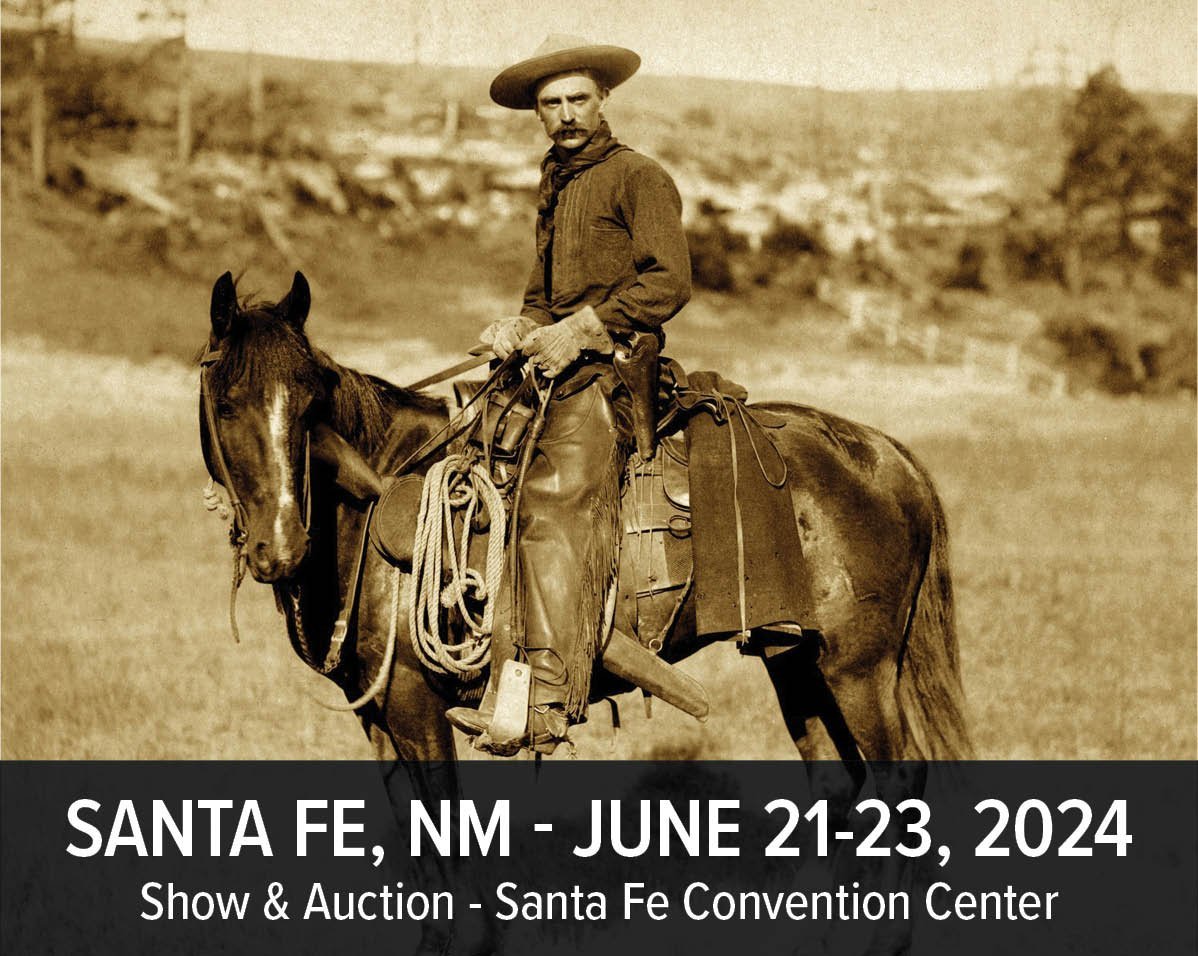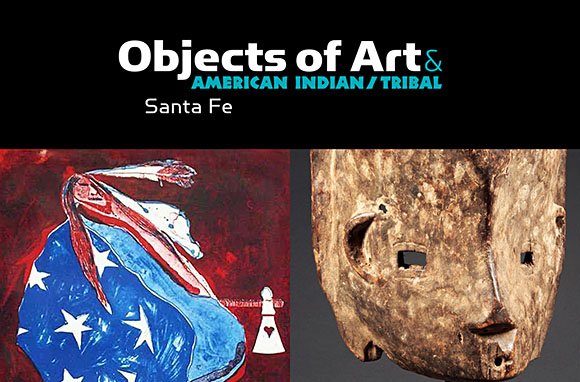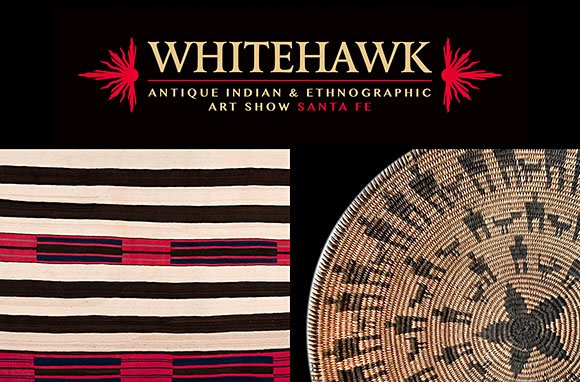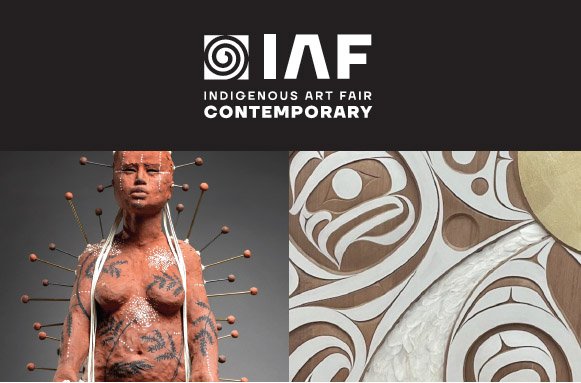Throughout the year, the legal committee has been actively engaged in legislation impacting the tribal arts community. We raised serious legal, economic and practical questions about the 2017 Safeguard Tribal Objects of Patrimony Act (STOP Act) currently before both Houses of Congress. We have worked with business community leaders, legislators, and tribal representatives to make clear the harms resulting from passage of the STOP Act.
Together with other organizations, ATADA submitted extensive legal testimony showing how the STOP Act would damage fundamental U.S. public policy. We are grateful that the Senate Indian Affairs Committee heard our concerns and did not move the STOP Act forward this year.
While we have accomplished much, we believe this will be an ongoing effort. We expect some version of the STOP Act to come before Congress in 2018. ATADA will remain actively engaged and will continue to advocate on behalf of the museum, dealer and collector community.
At the same time, we have taken concrete steps to ensure the highest standards of due diligence among our dealer and collector members. ATADA membership continues to stand for the lawful, ethical trade in tribal art.
We’ve increased public outreach and educational work. All our members should know about ATADA’s outstanding public programming, including our sponsorship of the 2017 Santa Fe symposium: “Understanding Cultural Property: A Path to Healing Through Communication,” and participation in public events at the School for Advanced Research in Santa Fe. We appreciated the excellent participation and attendance by members at these important events. Additionally, the ATADA News, which is available to all online, has expanded its coverage of many key issues.
ATADA looks forward to continuing its work with tribal partners in ongoing, grassroots actions, such as the ATADA Voluntary Returns program, to strengthen cooperation and mutual understanding. This year, the Voluntary Returns program facilitated the return of dozens of donated objects to Native communities, including a number of highly-significant spiritual objects. These efforts have generated a very positive response. They have been beneficial in fostering dialogue with tribal leaders and building trust that ATADA members will continue to honor the sensibilities of Native peoples.
Robert Gallegos heads the ATADA Voluntary Returns program. Please contact him with questions regarding the donation process and to facilitate a return.
He can be reached at 505-262-0620 or gallegos@nmia.com.
For all this work to continue, we must ask for your financial support.
Your contribution is instrumental as we continue to advocate for the rights of museums, dealers and collectors while promoting cultural awareness and community-based alternatives over intrusive, damaging legislation.
You can contribute online at www.atada.org/legal-fund , or contact David Ezziddine at director@atada.org for more information on how to help.
Sincerely yours,
The ATADA Legal Committee

















